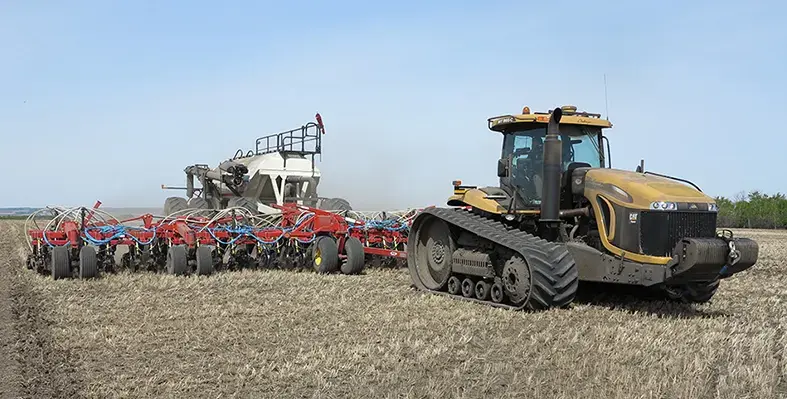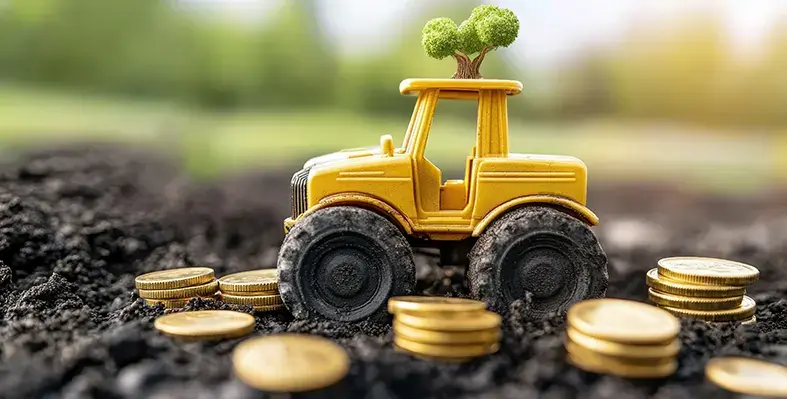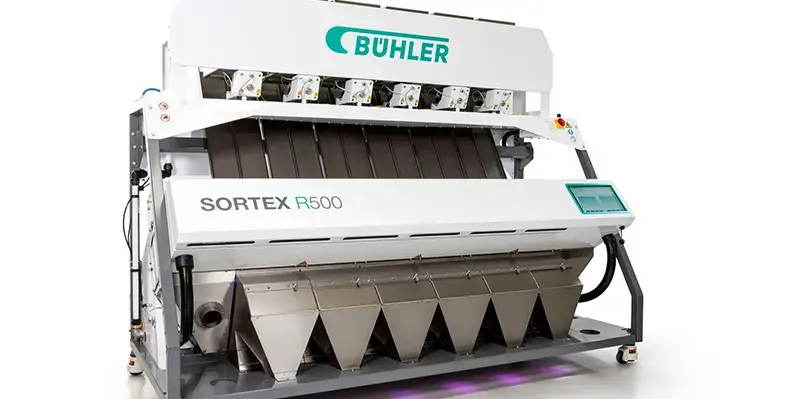The International Fund for Agricultural Development (IFAD) has appointed Eric Rwabidadi as its new Country Director in Cameroon, strengthening the organisation's commitment to advancing rural development in the country
With a robust investment portfolio of over US$200mn, IFAD aims to address the challenges faced by rural communities, including poverty, youth unemployment, gender inequality, and the increasing impacts of climate change on agriculture.
"Cameroon holds immense potential for agricultural transformation, and IFAD is pleased to be a trusted partner in unlocking that promise," said Rwabidadi upon presenting his credentials to Lejeune Mbella Mbella, Cameroon’s Minister of External Relations. He emphasised the importance of partnering with the Government and local communities to foster inclusive, climate-resilient rural development. The new director is particularly focused on empowering smallholder farmers, especially youth and women, as key drivers of sustainable change in agriculture.
IFAD has been a key partner in Cameroon for nearly 45 years, supporting initiatives aimed at improving access to quality financial services, developing value chains, and promoting youth entrepreneurship. Ongoing projects, such as the Commodity Value-Chain Development Support Project – Phase II (PADFA II) and the climate-resilience-focused ACREGIR project, are already making a significant impact. Additionally, the upcoming Youth Agropastoral Entrepreneurship Promotion Programme – Phase II will focus on boosting food security and enhancing climate adaptation.
"IFAD and Cameroon will continue to combine resources and expertise to increase investment in food systems, with a particular focus on youth and women entrepreneurship," Rwabidadi added. These efforts align with Cameroon’s 2035 Vision and aim to increase agricultural productivity, create rural jobs, and strengthen value chains for key crops like rice, onions, cocoa, and coffee.
Rwabidadi, who is a national of Rwanda, also assumes the role of Head of the Multi-Country Office for Central Africa, overseeing IFAD's operations in several African nations, including the Central African Republic, Chad, Congo, and others. With over 25 years of experience in various sectors, Rwabidadi brings a wealth of expertise to the role, ensuring that IFAD's initiatives continue to have a lasting impact on rural communities across the region.









